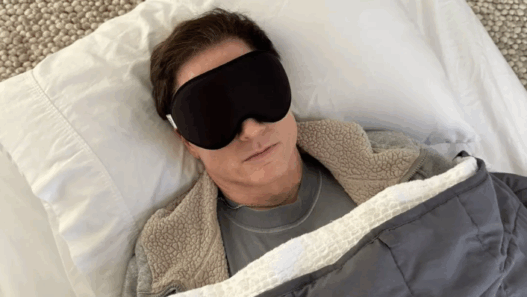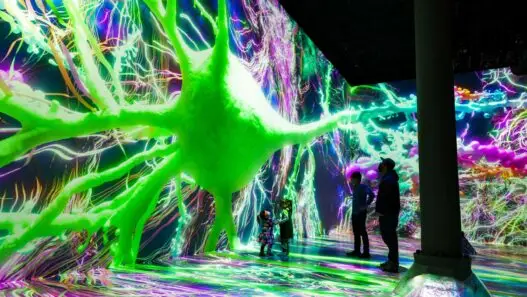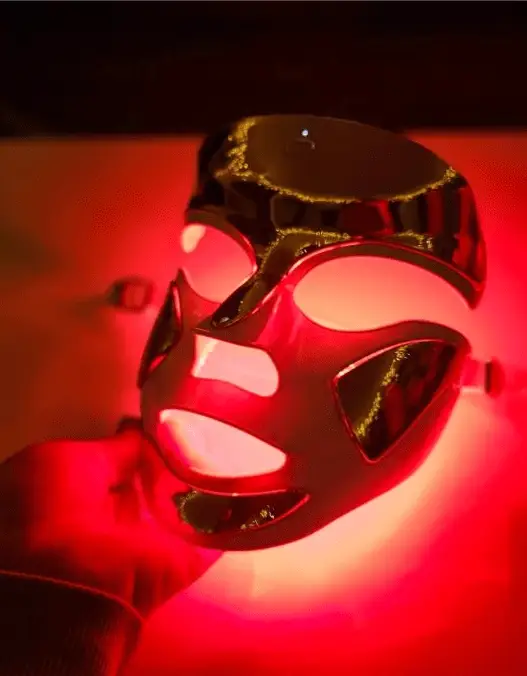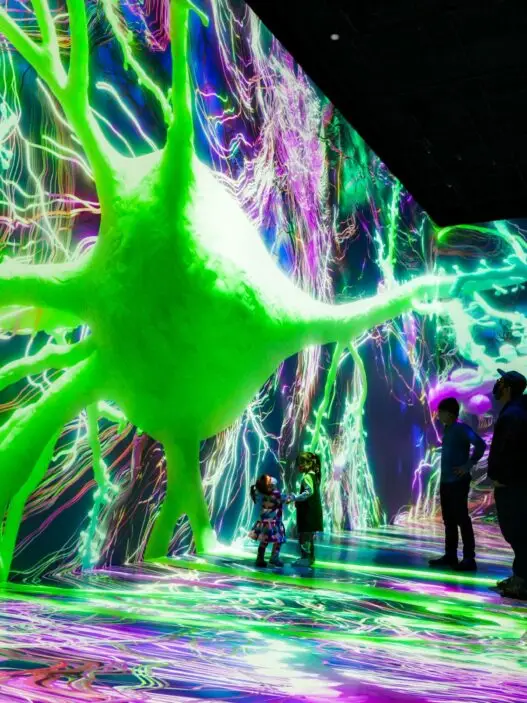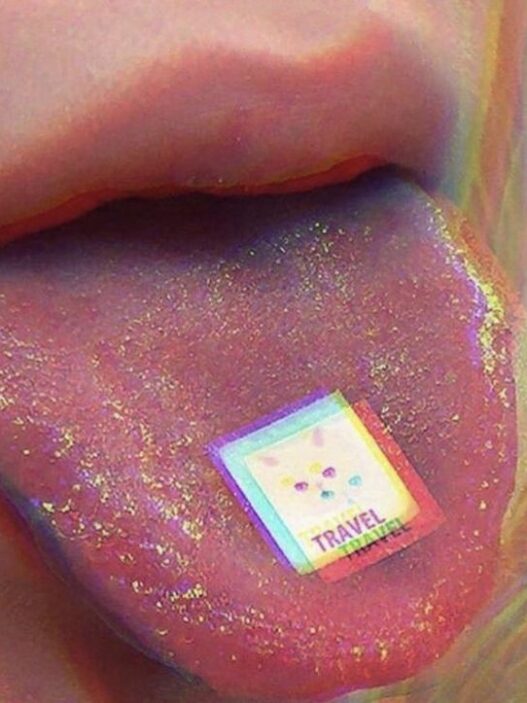For some, cannabis brings relaxation and euphoria—for others, it triggers racing thoughts, panic, and paranoia. Why does the same plant produce such opposite effects?
It turns out that THC, the psychoactive compound in cannabis, interacts with brain regions responsible for fear, perception, and decision-making. This can increase anxiety, distort reality, and create a sense of paranoia in certain users.
Let’s break down the science behind why cannabis can make you feel paranoid and how to reduce these effects.
1. THC Overstimulates the Amygdala (The Brain’s Fear Center)
The amygdala is a part of the brain responsible for processing fear and emotions. Normally, it helps assess danger and keep anxiety in check.
🔹 THC directly affects the amygdala, increasing neural activity and amplifying fear responses (Phan et al., 2008).
🔹 High doses of THC can overexcite the amygdala, leading to excessive worry, suspicion, or paranoia.
🔹 People predisposed to anxiety may be more vulnerable to these effects.
💡 Analogy: Imagine the amygdala as a fire alarm—THC cranks up the sensitivity, making it go off even when there’s no real danger.
2. Dopamine Dysregulation: The Psychosis Link
Dopamine is a key neurotransmitter involved in motivation, pleasure, and perception. Cannabis temporarily boosts dopamine, but in some cases, this can distort reality and trigger paranoia.
🔹 High THC levels can overstimulate dopamine receptors, leading to heightened alertness and irrational fear (Murray et al., 2007).
🔹 Long-term heavy use has been linked to an increased risk of psychotic symptoms in vulnerable individuals.
🔹 Those with a genetic predisposition to schizophrenia or anxiety disorders may experience paranoia more frequently.
💡 Analogy: Dopamine is like the brain’s volume knob for perception—too much THC can turn it up too high, making normal experiences feel suspicious or threatening.
3. THC Alters the Default Mode Network (DMN)
The Default Mode Network (DMN) is a brain system involved in self-awareness and thought processing. Normally, it helps us interpret social interactions and reality.
🔹 THC disrupts the DMN, leading to hyper-self-awareness and excessive rumination (Bossong et al., 2013).
🔹 This makes people overanalyze their thoughts, social interactions, and surroundings, sometimes leading to self-doubt and paranoia.
🔹 High doses of cannabis can cause delusions of reference, where users feel that others are watching or judging them.
💡 Analogy: It’s like your brain switching from a relaxed mode to hyper-surveillance, making you overanalyze every detail of your environment.
4. THC Affects Short-Term Memory (Making You Feel Lost or Disoriented)
The hippocampus is responsible for short-term memory formation and spatial awareness. Cannabis impairs hippocampal function, leading to memory lapses and confusion.
🔹 When memory fails, the brain tries to “fill in the gaps,” which can lead to paranoia (Ranganathan & D’Souza, 2006).
🔹 Users may forget what they were doing or why they entered a room, causing disorientation and anxiety.
🔹 This can create a feedback loop of paranoia, where users believe they are losing control.
💡 Analogy: Imagine walking into a room and forgetting why you’re there—on THC, your brain might interpret this confusion as something sinister instead of just normal forgetfulness.
5. Individual Sensitivity and Genetic Factors
Not everyone experiences paranoia from cannabis. Several factors influence how THC affects individuals:
🔹 Genetics: Certain gene variations in the COMT gene make some people more prone to paranoia from THC (Caspi et al., 2005).
🔹 THC Tolerance: New users or those with low tolerance are more likely to feel overwhelmed.
🔹 Cannabinoid Ratio: Strains high in THC but low in CBD are more likely to trigger paranoia since CBD counteracts THC’s effects.
💡 Analogy: Some people have a “high-speed nervous system” that reacts more dramatically to THC, making paranoia more likely.
How to Reduce Cannabis-Induced Paranoia
If you experience paranoia when using cannabis, here are some ways to minimize the effects:
✅ Choose a strain with more CBD – CBD reduces THC’s anxiety effects by modulating serotonin and dopamine (Zuardi et al., 2017).
✅ Start with a lower dose – High doses of THC are more likely to trigger paranoia.
✅ Change your setting – A comfortable and familiar environment reduces stress responses.
✅ Focus on deep breathing or meditation – Helps regulate the amygdala and reduce fear responses.
✅ Chew black peppercorns – Contains beta-caryophyllene, which helps counteract THC-induced anxiety (Russo, 2011).
THC Can Be a Double-Edged Sword
While cannabis offers relaxation, euphoria, and therapeutic benefits, it can also trigger paranoia and anxiety in some users. Understanding how THC interacts with the brain can help people make informed decisions about consumption.




